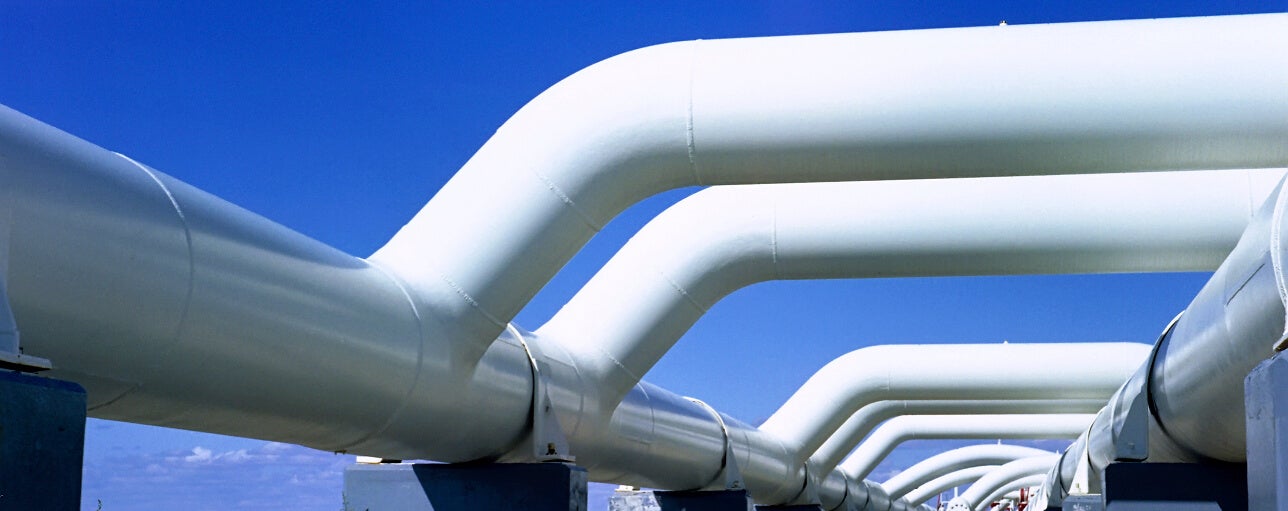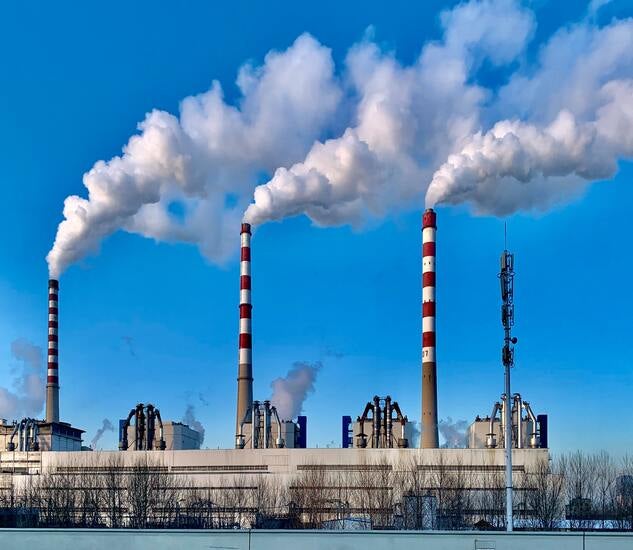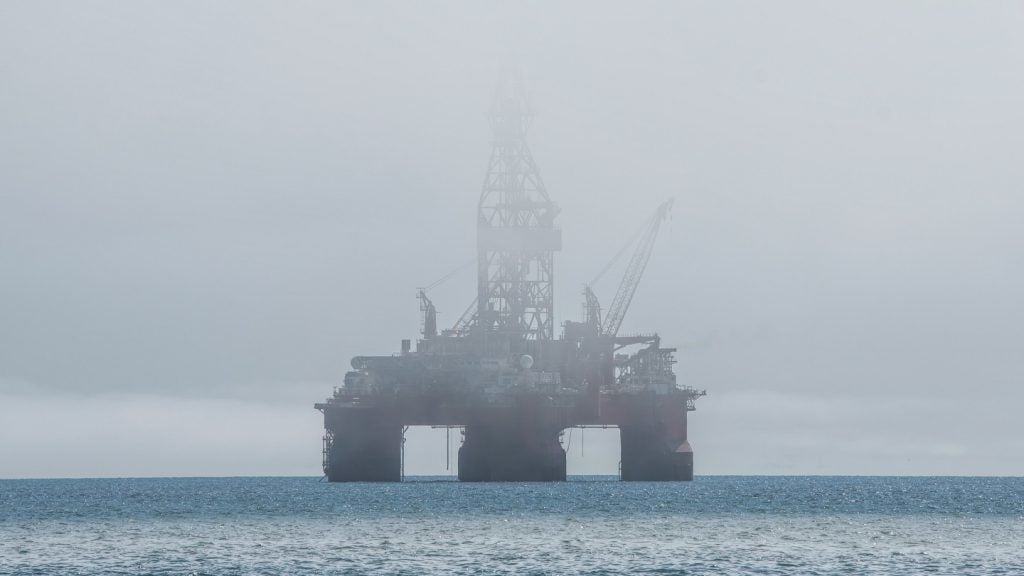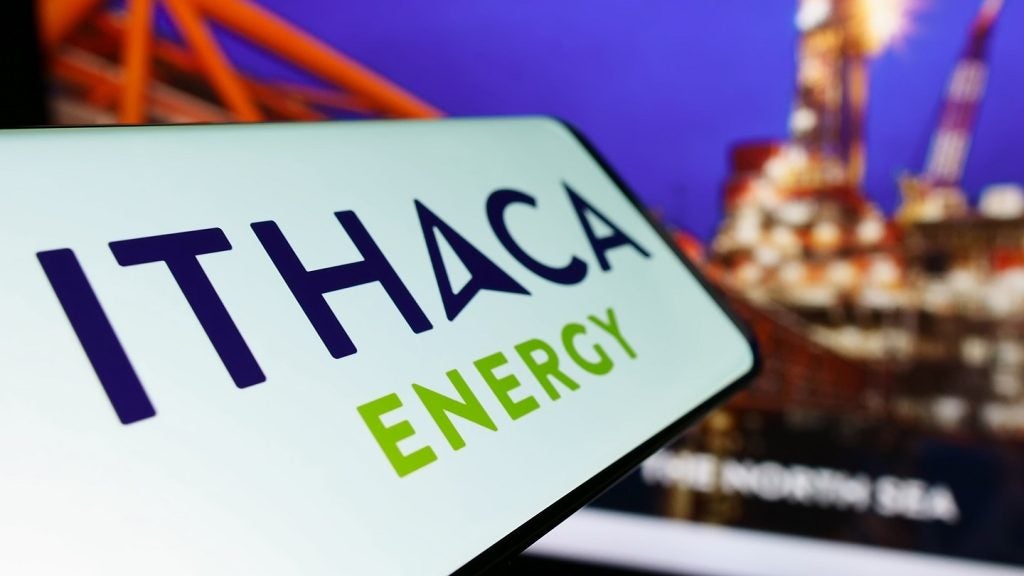
Neptune Energy Netherlands has awarded DNV a contract for the carbon capture and storage (CCS) pipeline materials study in the Dutch North Sea.
The study, which will be carried out in phases, will evaluate the offshore pipelines’ fracture and suitability for re-use in CO₂ transport for storage at depleted gas fields.
Under the first phase, DNV will work to identify advanced approaches to ductile fracture assessments in dense phase CO₂ pipeline systems. It would also assess their applicability to welded and seamless subsea line pipe.
In the second phase, the firm will evaluate the potential suitability of the existing pipelines for dense phase CO₂ transport at up to 120 bar.
DNV Northern Europe regional director energy systems senior vice-president Prajeev Rasiah said: “We see CCS as one of the ways to accelerate the decarbonization of the energy sector.
How well do you really know your competitors?
Access the most comprehensive Company Profiles on the market, powered by GlobalData. Save hours of research. Gain competitive edge.

Thank you!
Your download email will arrive shortly
Not ready to buy yet? Download a free sample
We are confident about the unique quality of our Company Profiles. However, we want you to make the most beneficial decision for your business, so we offer a free sample that you can download by submitting the below form
By GlobalData“With the potential to be one of the largest CCS facilities in the Dutch North Sea, at scale projects such as these will be significant for CCS technology advancement and cost reduction.”
The work forms part of Neptune Energy’s wider feasibility study, which is being carried out together with its licence partners and CO₂ emitters.
This feasibility study is intended to review plans for a large-scale CCS project at the Neptune-operated L10-area in the Dutch North Sea.
If developed, the project would be one of the largest of its kind in the Dutch North Sea. It will have the potential to meet more than 50% of the CO₂ reduction being targeted by the Dutch industrial sector.
Neptune Energy New Energy head René van der Meer said: “Given the existing infrastructure that connects offshore with onshore, there is real potential for the Dutch North Sea to develop new energy faster, more efficient and in a safe way.
“Using what is already there, will not only speed up new energy projects but will cost significantly less and it doesn’t unnecessarily disturbs the surroundings like the seabed.”
DNV said that the study will inform Neptune’s feasibility assessment on the suitability of the existing pipelines.
These pipelines would be used to transfer between five and eight million tonnes of CO₂ annually into the depleted gas fields.








